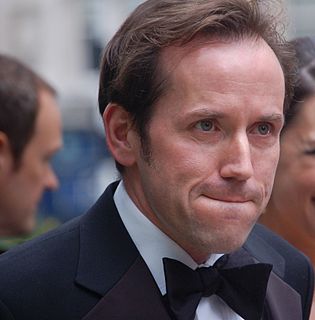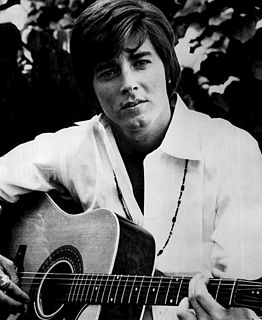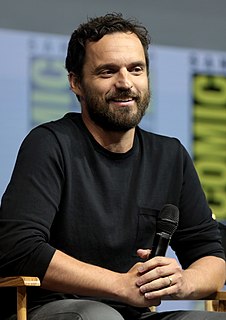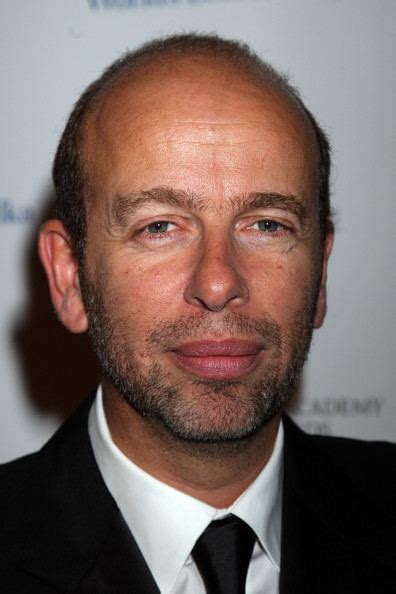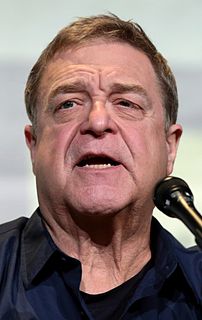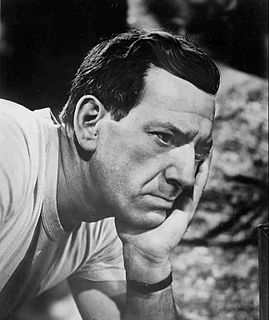A Quote by Ben Miller
Comedy is my proper job. It's what I should be doing, and when I do other bits like my science series, I miss it.
Related Quotes
I like doing comedy, I like doing drama. Naturally I like to do, I like doing dramas, I like conflict, and when I do a comedy, you know, I've found that, like, romantic comedy is the trickiest one, because often it's neither: it's not romantic and it's not funny. So, like, I like a comedy that's biting. It's biting humor or really quirky humor.
I missed the whole thing [X-files series]. And I know it went for nine seasons, and I think I saw bits and pieces of it in maybe season seven or eight or something, and then was very busy doing whatever else, stand-up comedy and stuff throughout the world. Now I'm watching the show right from the beginning.
When I was studying comedy in Chicago, it wasn't long after 9/11. There were a lot Middle Eastern comedians who were doing bits about hailing cabs and being terrorists. So the first two years, I didn't do any of that because I wanted to separate myself from those guys. But race is a big part of who I am, and it should be a big part of my comedy.
I define science fiction as the art of the possible. Fantasy is the art of the impossible. Science fiction, again, is the history of ideas, and they're always ideas that work themselves out and become real and happen in the world. And fantasy comes along and says, 'We're going to break all the laws of physics.' ... Most people don't realize it, but the series of films which have made more money than any other series of films in the history of the universe is the James Bond series. They're all science fiction, too - romantic, adventurous, frivolous, fantastic science fiction!
Fred Silverman, the head of ABC, he offered me a lot of comedy series but I told him I'd already been the best comedy series around, "The Odd Couple," and so when he saw that I did Quincy he called my agent and said, Jack turns me down? All my good series and he ends up playing an undertaker." And this was the HEAD of ABC series.
Every time I've done comedy in, like, traditional comedy clubs, there's always these comedians that do really well with audiences but that the other comedians hate because they're just, you know, doing kind of cheap stuff like dancing around or doing, like, very kind of base sex humor a lot, and stuff like that.
